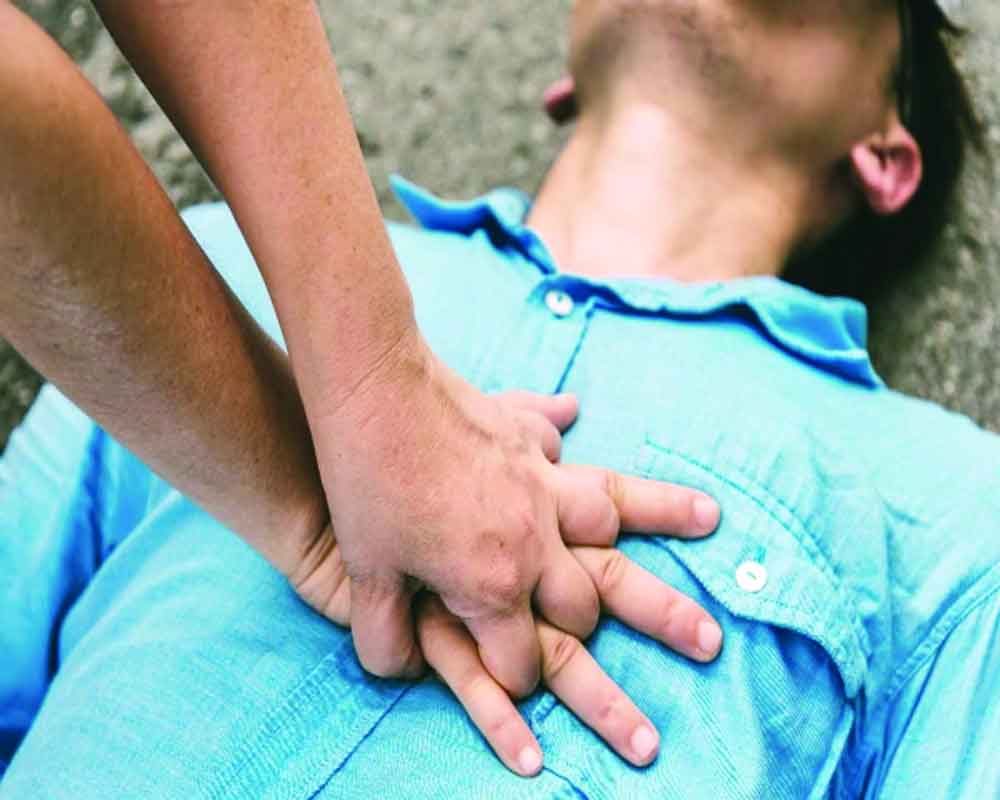Awareness of the golden hour, a brief window of time during which a life can be saved, is crucial
In emergency medical care, time is of the essence. Among the critical concepts that underscore this urgency is the “Golden Hour.” This term refers to the crucial sixty-minute window immediately following a traumatic injury or medical emergency during which prompt medical intervention can significantly improve a patient’s chances of survival and recovery.
The importance of the Golden Hour lies in its acknowledgement of the delicate balance between life and death, where timely medical attention can tip the scales in favour of life. During this period, the body’s physiological responses to trauma are at their most critical stage. Without timely intervention, cascading complications may ensue, leading to irreversible damage or even death.
One of the primary reasons why the Golden Hour holds such significance is the rapid progression of trauma-induced pathophysiological changes within the body. Prompt medical care during this critical period can help mitigate these responses, stabilise the patient, and prevent further deterioration.
Moreover, the Golden Hour emphasises the importance of swift and efficient emergency response systems. Access to timely medical care, including rapid transportation to appropriate healthcare facilities, is paramount. Whether it involves dispatching ambulances equipped with life-saving equipment or giving CPR, every minute counts in maximising the chances of a positive outcome.
Furthermore, the concept of the Golden Hour underscores the significance of preparedness and training among healthcare professionals and first responders. From paramedics providing initial on-site care to emergency room physicians orchestrating complex treatment strategies, proficiency in trauma management is indispensable. Training programmes focused on rapid assessment, triage, and intervention empower healthcare providers to make critical decisions swiftly and effectively, optimising patient outcomes within the Golden Hour.
Saving lives during the Golden Hour is not solely dependent on medical expertise but also on community awareness and proactive engagement. Education campaigns emphasising the importance of early recognition of emergencies, prompt activation of emergency medical services, and basic life support interventions empower individuals to become active participants in the chain of survival.
Awareness is the key amongst the people and that makes all the difference, feels Dr Devi Shetty, Founder of Narayana Health. “It is the first four to six hours in case of heart attack and just one hour in brain stroke that the patient can be recovered after that no one can do anything about it. Unfortunately, unlike in heart attack where patient experiences acute pain, brain stroke is silent but is the second largest source of deaths in the country,” he adds.
Indeed, brain stroke is the second leading cause of death worldwide, after heart attacks. In 2020, one in six deaths from cardiovascular disease (CVD) was due to stroke. Globally, 15 million people suffer a stroke every year, with 5 million dying and 5 million becoming permanently disabled.
In this crucial hour, attendants’ awareness can go a long way in saving lives. From giving CPR to going to the right hospital which is stroke-ready is crucial, if you go to a hospital that is not equipped to handle such an emergency, they will consume the golden hour figuring out what the problem is,” says Dr Shetty.
Unfortunately, the right information and awareness about medical emergencies are still lacking. “insider,” a new docu-drama series based on real-life events fills that void. to offer viewers an unfiltered look into medical emergencies, shedding light on the critical moments that occur within the confines of the Emergency Room. By harnessing the power of technology and fostering greater awareness within our communities, we can ensure that every individual receives the critical care they need when it matters most. The Golden Hour epitomises the essence of timely intervention in emergency medical care. It serves as a poignant reminder of the profound impact that swift and efficient medical attention can have on saving lives and minimising the long-term consequences of traumatic injuries and critical medical conditions. Embracing the principles of the Golden Hour requires a collective commitment from healthcare professionals, emergency responders, policymakers, and communities at large to ensure that no precious moment is wasted when every second counts in the fight for life.
(The author is a freelance writer, views are personal)


























